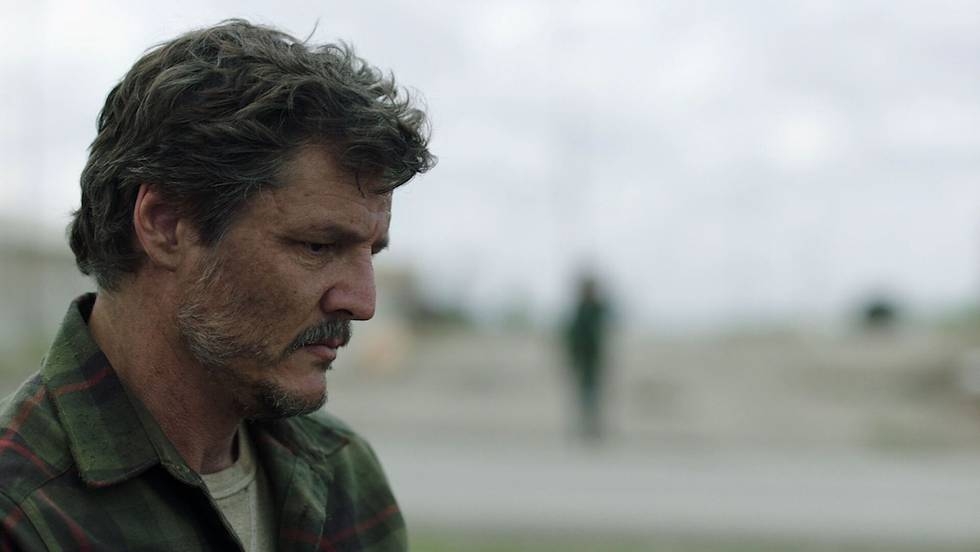The Last of Us’ Joel Miller isn’t the kind of character one would expect to shatter stereotypes. But then again, neither was The Mandalorian’s Din Djarin. And yet, through them, Pedro Pascal has not just made himself into Hollywood’s go-to dad figure, he’s also set a new standard for what exactly that entails – and for what masculinity really means in 2023.
Dad figures have been a staple of entertainment for ages, but years ago, that used to mean tough-guy protector and not much else. Your dad (or masculine parental figure) would fight bad guys for you, kick ass and take names, but that would be pretty much it. Their job wasn’t to be emotionally involved – it was to keep their kids physically safe, whatever way they could. The rest would either happen off-screen or perhaps be saved for a sequel, one where they would prove to be emotionally inept as a way to jump-start yet another adventure where they had to save their kid before finally reconciling at the last minute.

Enter Pedro Pascal. Din Djarin and Joel Miller both start out as “tough guys.” They’re not interested in being father figures, and they’re more about the job than they are about taking care of the kids’ fate puts in their path. For both of them, the journey isn’t just about saving them physically, though – in some cases, it’s the other way around – but about finding within themselves the emotional capacity to form a real bond. We know where that took Din Djarin. Now we’re about to experience the journey once again, but different, with The Last of Us.
In the adaptation of the popular video game, Pascal takes on the role of a man who has loved and lost a daughter before. Pascal wears the intricacies of loss on his skin as he sets out on a journey that will see him responsible for another young girl, one he steadfastly refuses to care for. And yet, as Joel Miller turns into not just Ellie’s protector but also a friend she can count on, the idea of what men – and fathers, can be, isn’t just challenged, it’s irrevocably changed.
The Last of Us takes place in a post-apocalyptic world, one where to survive you have to worry about zombies and other humans. It isn’t exactly a world that calls for softness. For Joel, surviving has meant burying his feelings, focusing on just getting through the day. But Joel isn’t afraid of feelings. In fact, his façade of toughness hides a man who feels too much and has been burned because of it. That’s diametrically different from the action heroes of yesteryear.

A lot of the credit goes to Pedro Pascal, who can embody both facets of the action hero of today. He is both believable as a man who is focused on what he has to do and as a man fully in touch with his emotional side. He also doesn’t ever need to sacrifice one for the other, both sides can coexist, which makes for more nuanced and interesting characters.
For years, Hollywood has pushed unrealistic and frankly harmful stereotypes of men, that have defined generations. But in 2023 and beyond, thanks to actors like Pedro Pascal, and characters like Din Djarin and Joel Miller, the future looks very different for men. Toxic masculinity is out, being in touch with your feelings – and unafraid to connect with others – is in. The Last of Us is just the latest example of that.
The Last of Us airs Sundays on HBO, with episodes available to stream on HBO Max.

